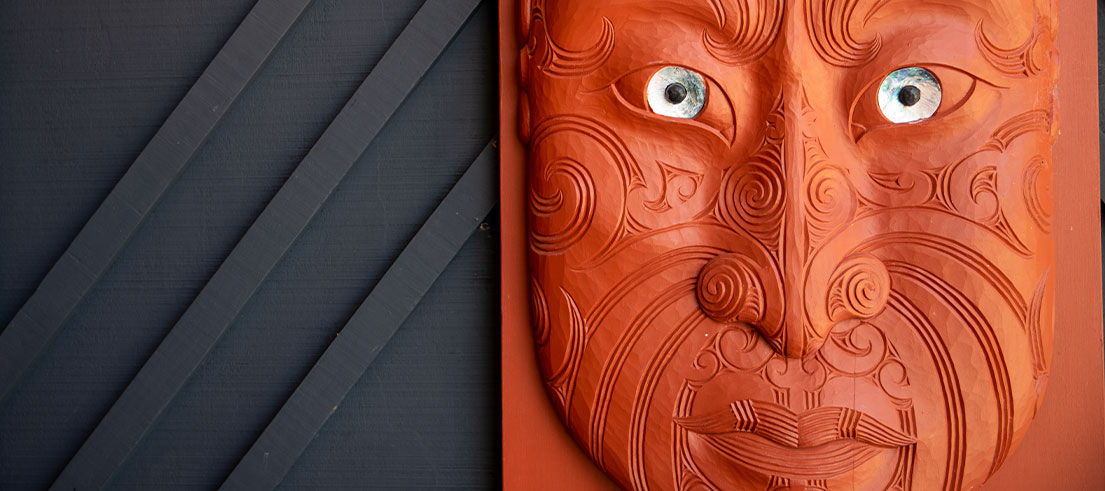
Ngāi Tahu Bill passes second reading in Parliament
The Canterbury Regional Council (Ngāi Tahu Representation) Bill, passed its second reading in Parliament on Wednesday 8 June, with 77 votes to 42, after being considered by the Māori Affairs Select Committee.
Environment Canterbury Chair Jenny Hughey has welcomed progress on the Canterbury Regional Council (Ngāi Tahu Representation) Bill that would enable the appointment of two mana whenua members of Council.
The Māori Affairs Select Committee ran public consultation, held hearings and considered submissions. It released its report on the Bill on 2 June, recommending that it proceed to a second reading.
“We are grateful to the Māori Affairs Select Committee for the close and prompt attention given to the Bill,” Environment Canterbury Chair Jenny Hughey said.
“It is pleasing that, after a robust public consultation process and thorough consideration of the Bill, the Committee has agreed to recommend it without substantive change from what was proposed.”
The Bill seeks to provide for mana whenua representation around the Council table, by empowering Te Rūnanga o Ngāi Tahu to appoint up to two members of the Council, with full decision-making powers. It passed its first reading in Parliament on 8 December 2021.
Partnership with Papatipu Rūnanga
Environment Canterbury works in partnership with 10 Ngāi Tahu papatipu rūnanga who hold mana whenua status within our boundaries, through a collective called Te Rōpū Tuia.
Te Rōpū Tuia co-chair Liz Brown says the Ngāi Tahu Representation Bill reflects the rangatiratanga between local government and mana whenua.
“This Bill allows us to build on the mahi of our tīpuna (ancestors), who have advocated over many generations for better representation of mana whenua when decisions are being made within our takiwā (tribal area).
“If this Bill passes, we will bring our tribal values of kaitiakitanga and tino rangatiratanga, when we make decisions with Councillors about the future of our awa, whenua, mahinga kai, and taonga native species. As an iwi we take an intergenerational view, and our decisions today must consider Waitaha a hundred years from now. Mō tātou, ā, mō kā uri ā muri ake nei – For us and our children after us.”
“We are pleased to see the recommendation of the Select Committee and look forward to the Bill progressing through the remaining parliamentary processes.”
Better environmental outcomes
Chair Hughey said the aim of the law change was to bring mana whenua to the Council table to contribute to decision making with their vast knowledge of the local environment. This would lead to better environmental outcomes, was more efficient and would recognise legal commitments made more than 20 years ago.
“The Ngāi Tahu perspective and their role as partners in decision making is essential as we look to the future with the reforms being driven by the Government, particularly resource management and the implementation of the Government’s Essential Freshwater reforms.”
It was also pleasing that a review by the Attorney-General’s Office, conducted as part of the process for the Bill progressing through Parliament, had determined that ‘Ngāi Tahu have a unique claim to input into the Environment Canterbury context on the basis of their special association with the Canterbury natural environment’, Chair Hughey said.
“The review also concluded that the Bill was not discriminatory, did not materially disadvantage any people or groups and was consistent with the Bill of Rights Act.
